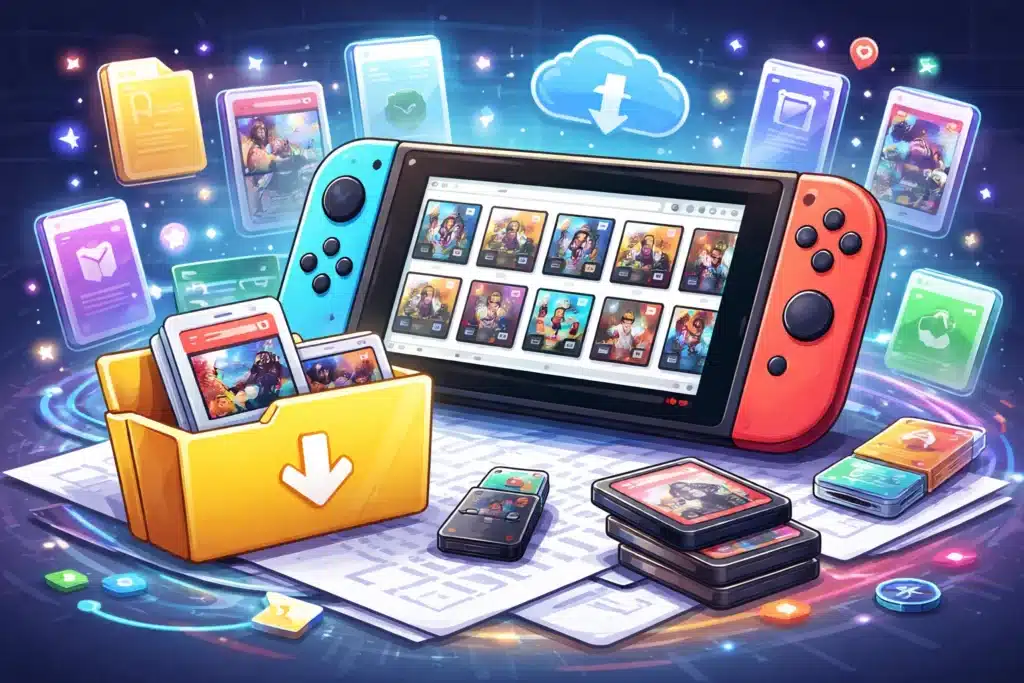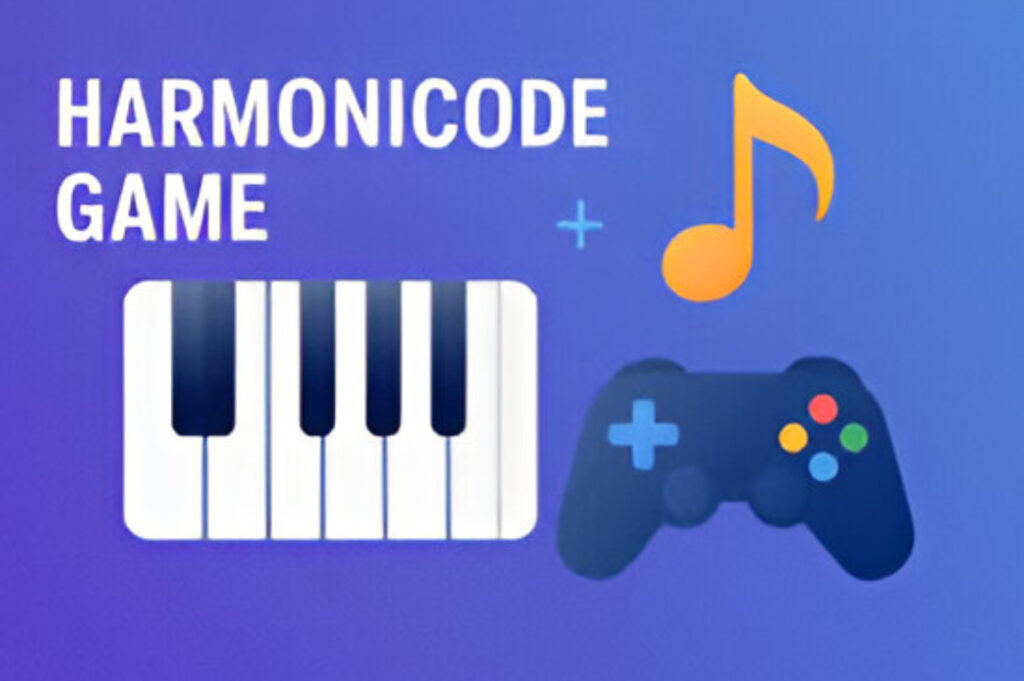Blockchain and Gaming: The Future of Transparent Reward Systems

Ever opened a loot box in a game and wondered if the odds were really random – or if the house was quietly stacking the deck against you? You’re not the only one. The more digital rewards become valuable (and they really do), the more people start asking, “Wait… can I trust this thing?”
That question’s gotten louder in games where stakes feel high – especially when we’re talking about real-world value riding on digital dice rolls. Which brings us to a perfect example: CSGO case battles.
Trusting the Roll
In case you’re new to the concept, CSGO case battles are a head-to-head skin-unboxing showdown. Two or more players open the same set of cases, and whoever ends up with the most valuable haul wins it all. It’s part flex, part gamble, part pure chaos.
And here’s the thing – it’s thrilling. But it also makes people a little twitchy. Because when you’re dropping real money or valuable skins into a digital system you can’t see, there’s always that lingering doubt: “Is this actually fair?”
That’s where blockchain is starting to pull some serious weight.
So What Does Blockchain Actually Fix?
At its core, blockchain is just a public, decentralized ledger. But in gaming? It becomes a way to add transparency to systems that have historically operated in a black box.
With case battles, fairness comes down to the random number generator (RNG) that decides your loot. Most platforms promise fairness, but without being able to verify it, you’re left trusting a faceless algorithm run by people who profit off your losses.
Blockchain changes that game. Here’s how:
- Provably fair systems: Platforms that use blockchain allow you to verify the randomness yourself. You can check the math, not just hope it’s working.
- Public ledgers: Every spin, drop, or battle outcome can be publicly logged and traced – so tampering sticks out like a sore thumb.
- Immutable records: No one, not even the platform, can retroactively change results without it being obvious.
The result? You’re not just hoping the platform is honest – you’re able to verify it.
Real-World Use: Who’s Doing It Right?
Some of the biggest case battle sites have already moved toward provably fair systems. You’ll find platforms like Skinrave, Clash, and CSGOEmpire using block hashes or cryptographic seeds to generate outcomes. If that sounds technical, that’s because it is – but thankfully, most sites simplify the process with built-in tools so you don’t need to be a coder to double-check things.
With provably fair tech, you can:
- Compare the server seed and client seed used to generate your result
- Verify the drop wasn’t rigged
- Check your opponent’s results too, just for peace of mind
And in a high-stakes space like CSGO case battles, that kind of transparency matters. Whether you’re chasing a Dragon Lore or just trying to upgrade your inventory, knowing the playing field is actually level makes a huge difference.
A Few Bumps in the Road
Now, let’s not pretend blockchain is a flawless solution.
- It sounds like gibberish to newcomers. Terms like “hash function” or “server seed” can make people tune out fast.
- Not every platform is adopting blockchain yet – some still run on the good old “trust us” model.
- And then there’s the regulation minefield. Blockchain and crypto are still in murky legal territory depending on where you live.
So while it’s a step forward, it’s not a magic bullet just yet.
Built for Skeptics
The best part about all this? You don’t have to trust anyone anymore. You don’t have to rely on a slick UI or a flashy animation to convince you something’s legit.
With blockchain baked into the system, you can trust the process because it’s transparent. That’s a huge shift in gaming – especially in a space where digital items have real monetary value, and CSGO case battles can make or break your skin portfolio in seconds.
From Black Box to Glass Case
Blockchain isn’t replacing all the backend systems in gaming just yet. But it’s quietly becoming the standard for platforms that want to build trust instead of just hype.
And for players tired of rolling the dice in the dark, that’s a welcome change. Case battles will always be a gamble – but thanks to blockchain, at least the odds can finally be out in the open.
Because when you’re chasing that one-in-a-thousand skin drop, the least you deserve is to know the game isn’t rigged.

Why Retail Software Testing is Critical for Effective E-commerce Development?

How Sales Teams Increased Productivity with Parallel Dialers

Curtain Dry Cleaning and Leather Sofa Cleaning – Reliable Care by Duo Nini

The Ultimate Guide to Family-Friendly Communities: Planning Your Family Vacation to Destin Florida

How Condensed Fonts Improve Packaging and Label Design

Allysplay.com: Clear Explanation of What the Platform Represents

Nxbrew: What It Is, How It Works, and Why People Search for It

Harmonicode Games: How Music, Rhythm, and Logic Create a New Way to Play








